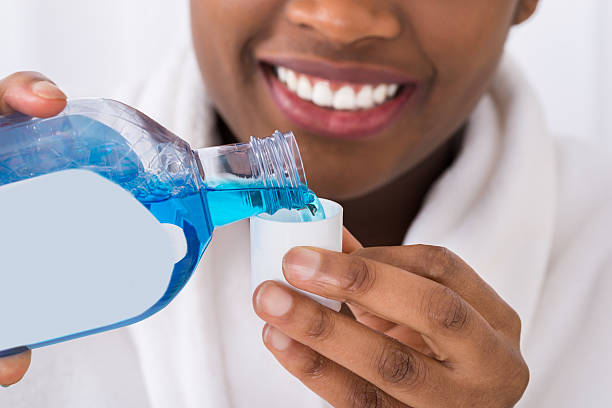Maintaining healthy gums is beneficial for overall oral health, as they play a role in supporting your teeth and protecting sensitive tissues. In addition to daily care routines, periodontal treatments can provide further support for gum health if issues arise or serve as a preventive measure. Poor gum health can lead to discomfort, inflammation, and other oral health challenges. Adopting a few simple habits can make a significant difference. Here are effective tips to improve your gum health.
Brush Teeth Twice Daily
Brushing your teeth twice a day is a non-negotiable part of maintaining gum health. When combined with professional periodontal treatments as needed, it can offer even greater protection for your gums. Use a soft-bristled toothbrush and fluoride toothpaste to remove plaque and food particles from the surfaces of your teeth. This helps prevent the buildup of harmful bacteria that can irritate your gums and lead to issues like gingivitis.
Make sure you brush for at least two minutes, covering all areas of your mouth, including the gumline. Proper brushing techniques matter; hold your toothbrush at a 45-degree angle to your gums and use short, gentle strokes. Overly aggressive brushing can actually damage your gums, so be thorough but gentle.
Floss Between Your Teeth
While brushing is necessary, it isn’t enough to fully clean between your teeth and along the gumline. Flossing daily helps remove debris and plaque from these tight spaces. Here are a few tips to maximize the effectiveness of flossing:
- Use the proper technique: Wrap the floss around your fingers and slide it gently between your teeth, curving it in a “C” shape along each tooth. Avoid snapping the floss, as this can cause damage to your gums.
- Try alternative tools: If traditional floss is challenging to use, try alternatives like floss picks, water flossers, or interdental brushes.
- Be consistent: Make flossing part of your daily routine to prevent plaque buildup in hard-to-reach areas.
Use Antibacterial Mouthwash
Antibacterial mouthwash is an excellent addition to your daily oral hygiene routine. These rinses help reduce bacteria in your mouth, which can decrease plaque and protect your gums. Choose a mouthwash specifically designed to promote gum health, as these often include ingredients that combat oral bacteria. Rinsing with mouthwash can also reach areas that brushing and flossing might miss, offering added protection against gum irritation and bad breath. Incorporate mouthwash as a final step in your routine, using it after brushing and flossing.
Schedule Regular Dental Visits
Regular dental checkups are a part of maintaining healthy gums. Dentists can detect and address gum issues before they become more serious. Here’s how regular visits help:
- Professional cleanings: Plaque and tartar, which are difficult to remove at home, can be professionally cleaned from your teeth and gumline during these appointments.
- Early detection: Dentists are trained to spot signs of gum disease early on, often before you notice them yourself.
- Personalized advice: Your dentist can recommend products or techniques tailored to your specific gum health needs.
Plan to visit your dentist at least twice a year, or as often as recommended by your dentist, based on your individual oral health needs.
Ask Your Dentist About Periodontal Treatments
If you notice symptoms like swollen or bleeding gums, it’s worth discussing them with your dentist. They can advise you on periodontal treatments, which are specifically designed to improve gum health. These treatments may include deep cleanings, scaling, or advanced care for more severe conditions. Your dentist is your partner in maintaining gum health, so don’t hesitate to ask questions or express any concerns. Taking proactive steps today will help you achieve healthier gums for years to come.

